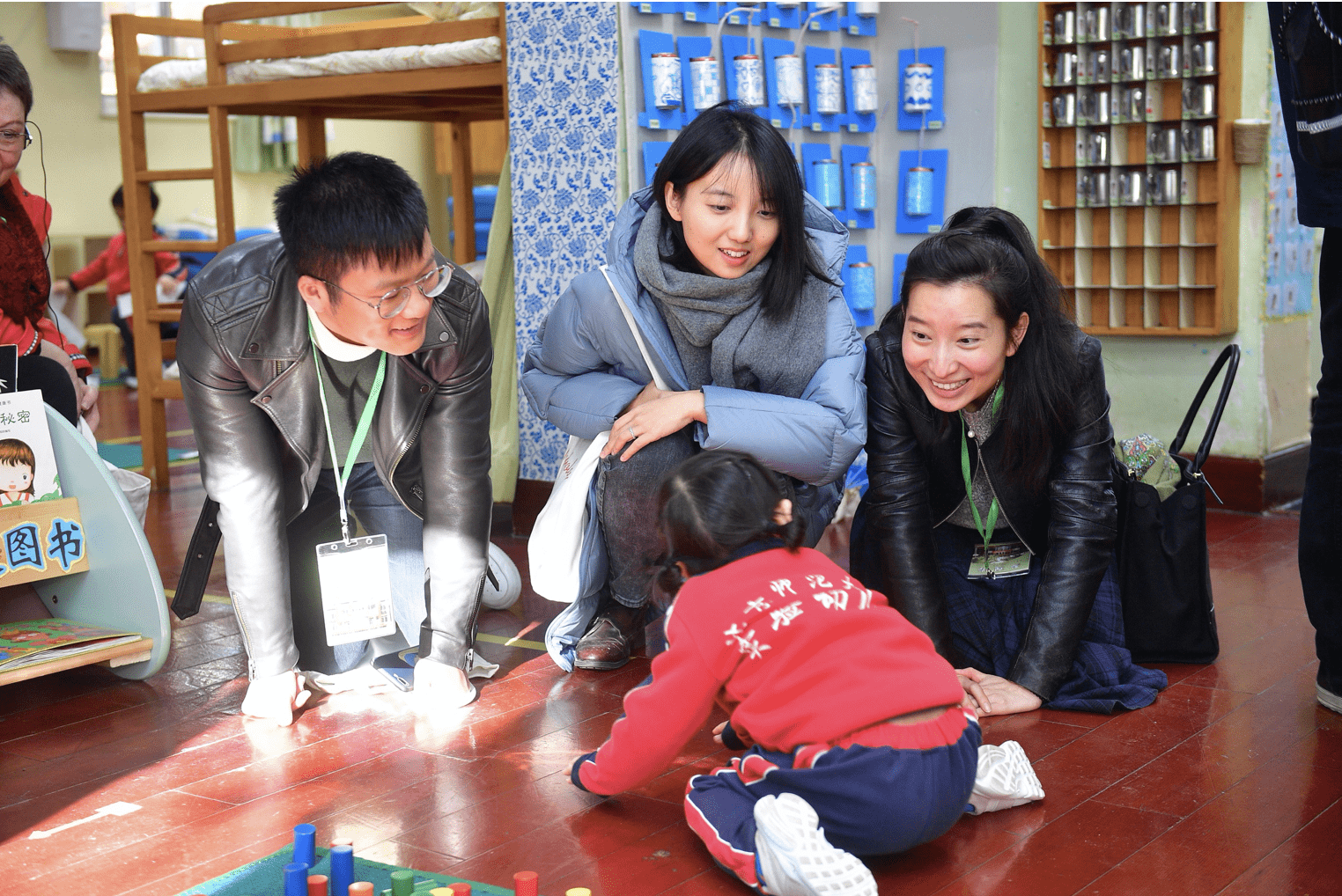New study: empowering teachers, children and parents is the way to achieve the best early childhood education and care
By Blog Editor, IOE Digital, on 22 July 2020
Yuwei Xu, Clare Brooks, Jie Gao and Eleanor Kitto.
The need to educate young children from home during the Covid crisis has caused early years staff and parents to rethink their roles.
At the IOE’s Centre for Teacher and Early Years Education (CTEY) we carried out an analysis of 19 national and regional early childhood curriculum frameworks across five continents. It reveals that most education systems see empowering educators, parents, and children as essential for effective and high-quality Early Childhood Education and Care (ECEC).
Government evaluation reports on those national frameworks make it clear that educators, parents, and children should all be involved both in the policy making of (more…)
 Close
Close




